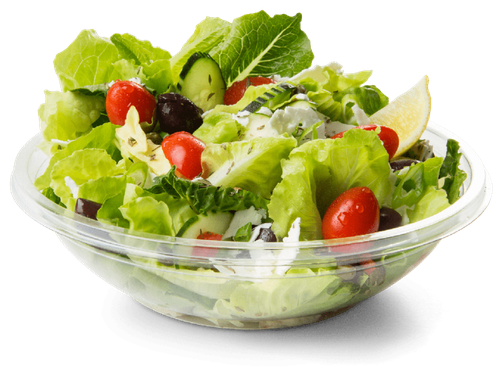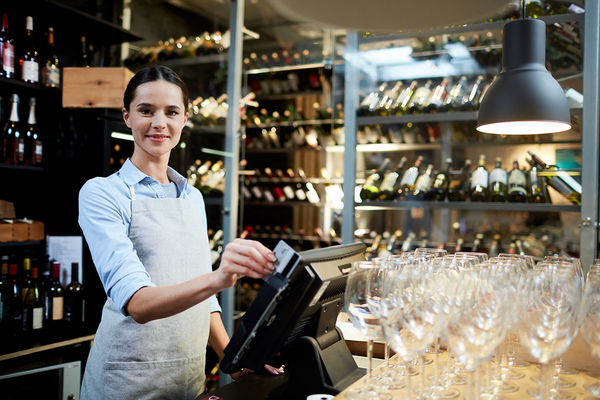

Food culture is a powerful educational tool!
It is with this conviction that the LOCAL – FOOD CULTURE® team has created various training programs ranging from developing healthy diet practices and promoting local recipes and food traditions, to advocating for a better understanding of food and prizing regional food culture and identity. With its partners, the LOCAL project creates and implements initiatives to teach about food and foster healthy eating habits and more responsible consumer practices, such as buying through short distribution channels and choosing products that are local and in season.


The sooner we start to learn about being healthy through food, the greater the probability that we will adopt healthy eating habits and learn to be critical about our diet, given that eating habits and traditions take root in childhood (PEREIRA and colleagues, 2017).
In school: As the place for learning, which includes discovering the ingredients for health, a school is responsible for creating situations where children and adolescents learn to value a healthy diet and make increasingly better food choices.
At home: The kitchen can be a learning “lab.” Involving children in preparing meals in the kitchen is an excellent and fun way for them to learn and acquire good eating habits.
Teaching our youth to bring about a social shift that gives value to healthy practices and looks down on unhealthy habits is the responsibility of the whole society.


According to the UNWTO (United Nations World Tourism Organization), beyond courses in business and management, the tourism sector must respond to current trends by including a significant focus on learning about food. It is necessary that tourism professionals know and learn about history, food culture and traditional products, especially of their own country and region. By including the study of food culture as a compliment to the existing curriculum, training in tourism will not only reinforce the general knowledge of students but will also help them to be more efficient and responsible in their work as members of the hospitality sector.
Food culture, and cultural practices related to eating in general, constitute an important facet of social differentiation. Food traditions and practices can be valuable ingredients in school syllabi and inclusive strategies. Food culture, in turn, can be seen not only as an expression of identity and belonging, but also as a powerful tool for communicating. In addition, giving value to local food resources, in relation to the historical context, strengthens self-identity and bolsters self-esteem, individually and collectively.
